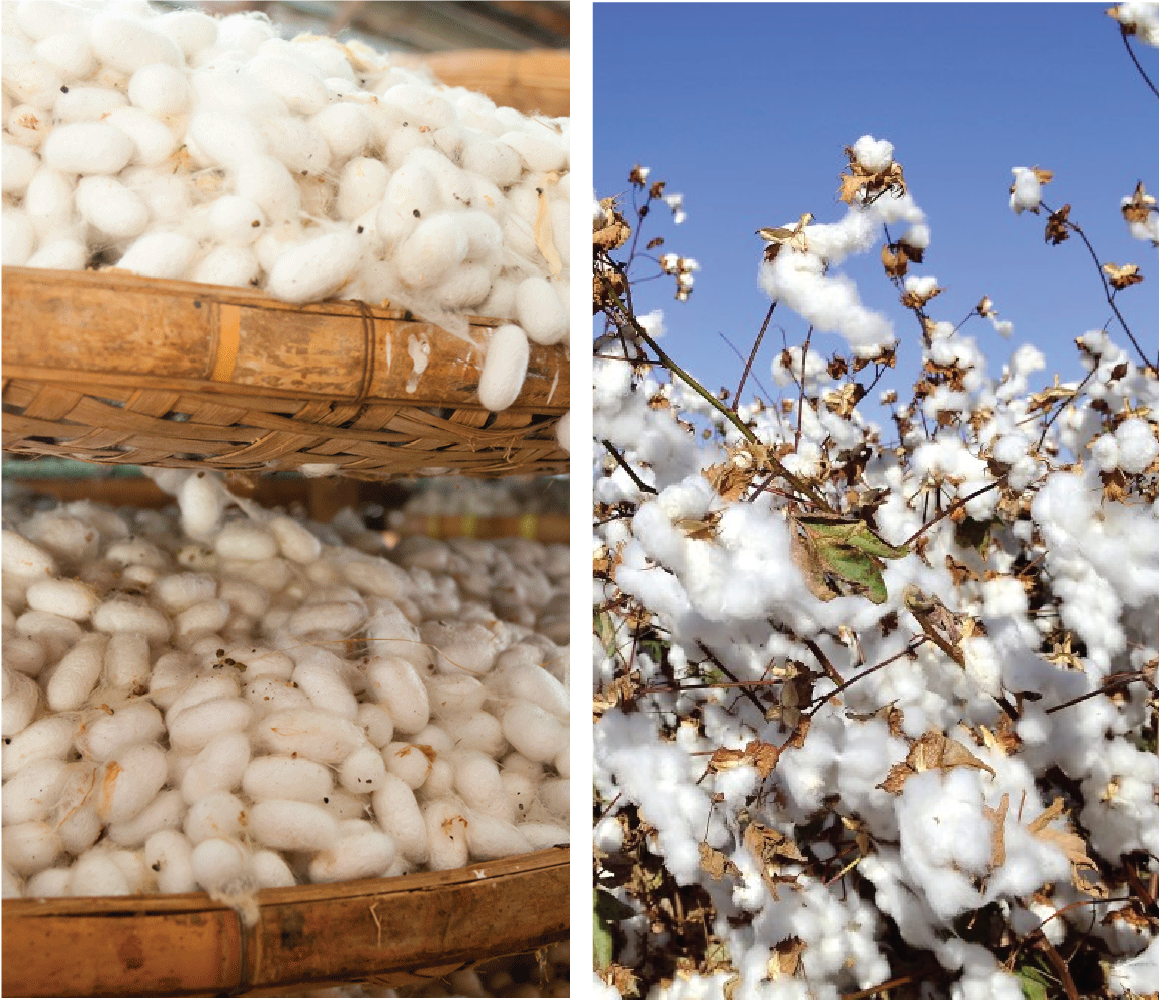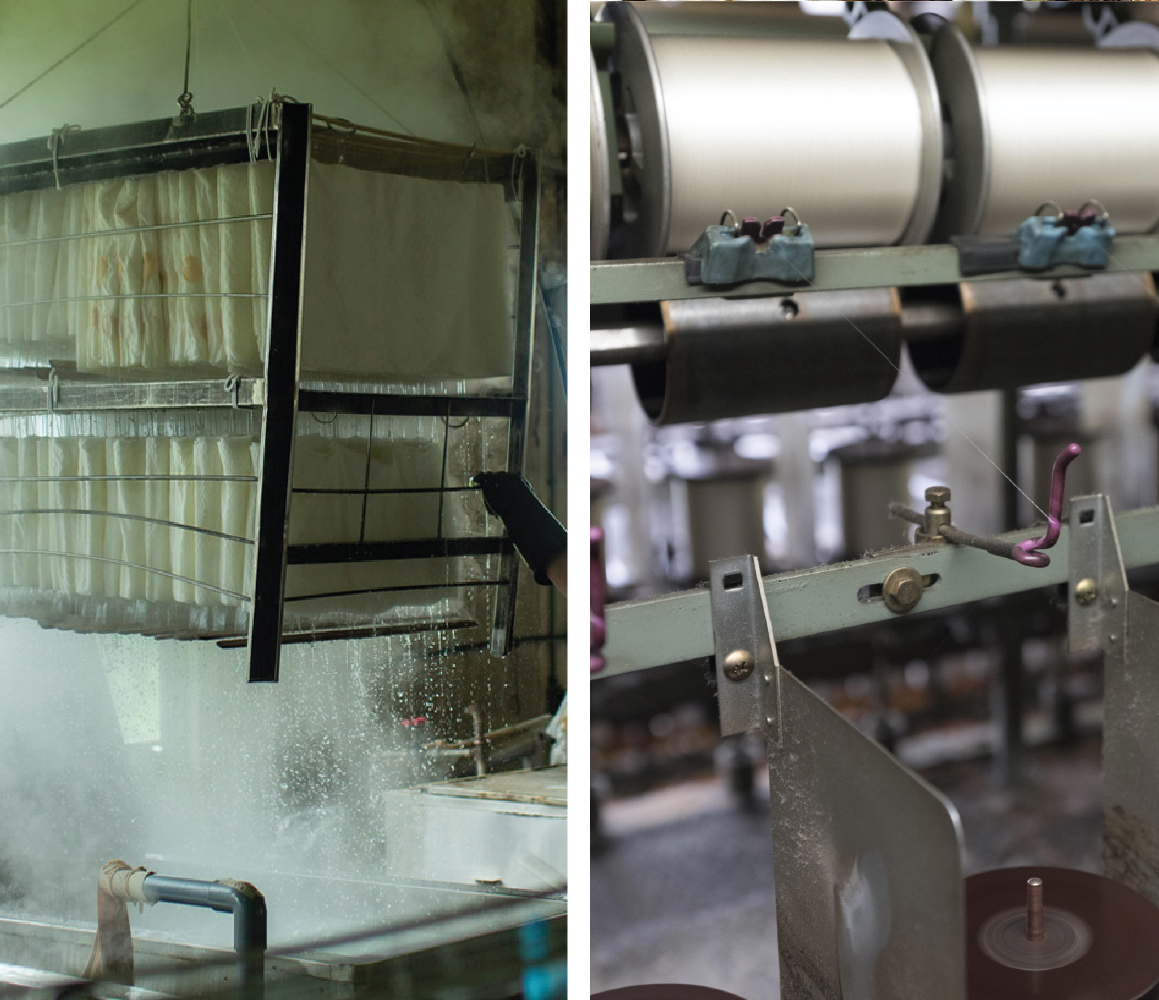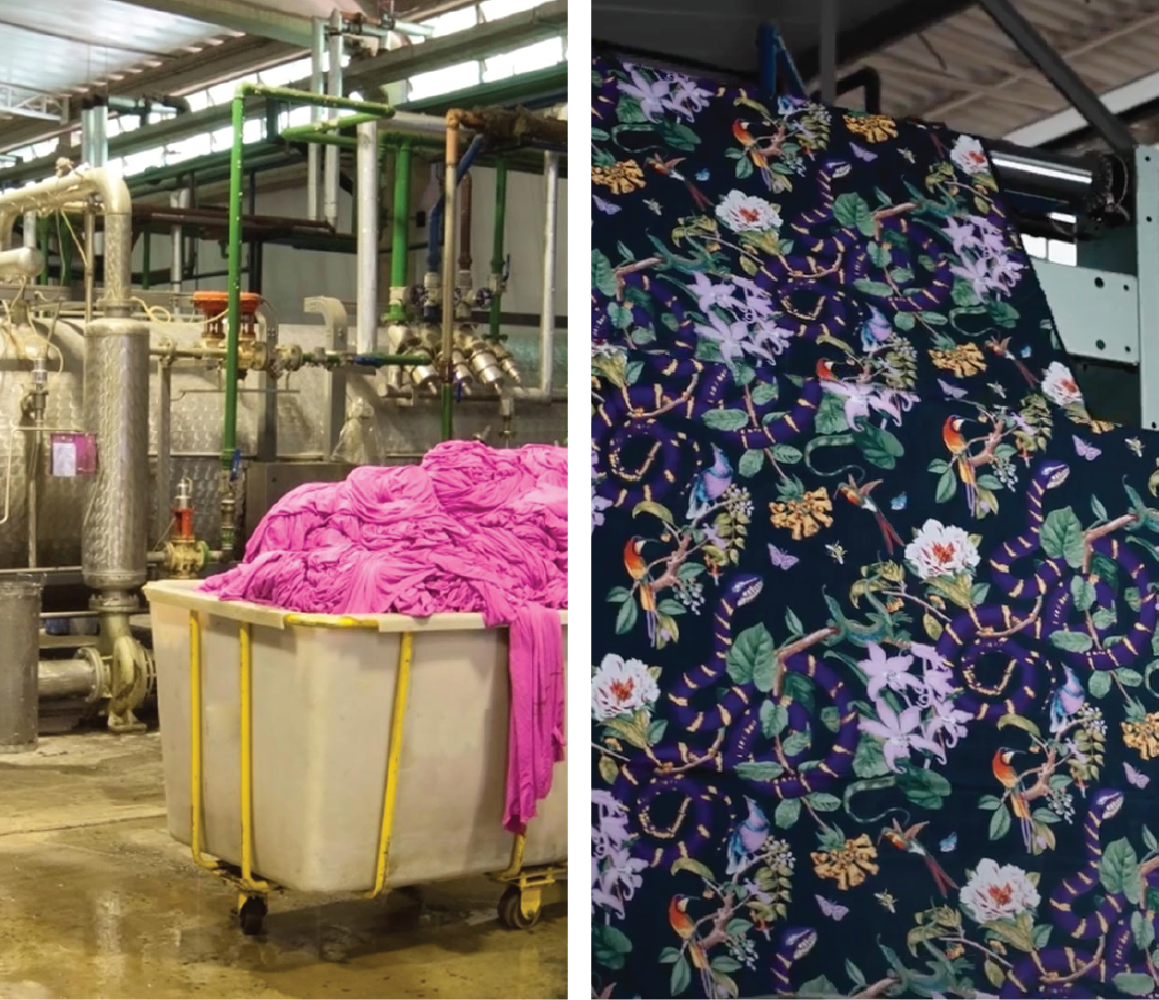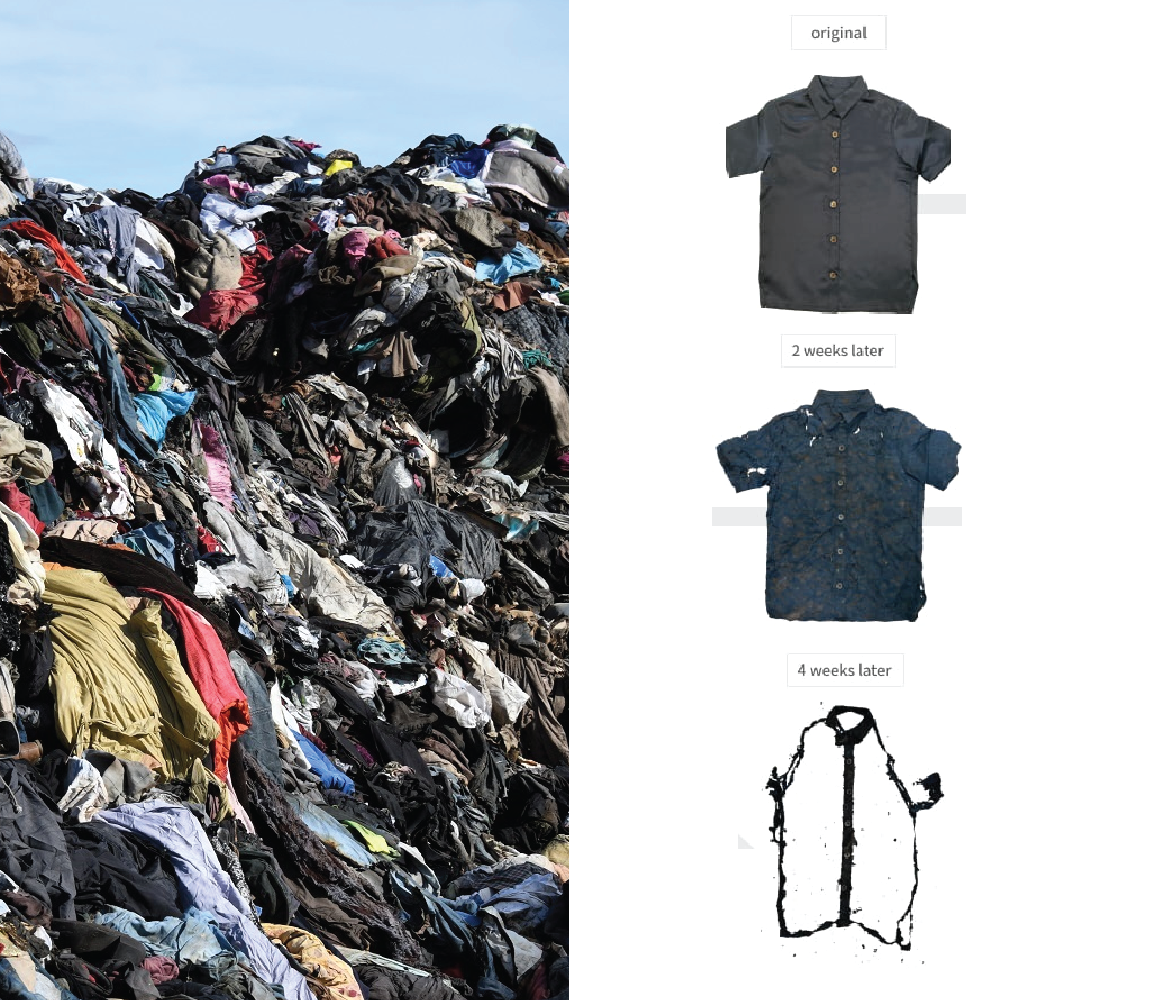A Reflection on Earth Day...
As we celebrate Earth Day, it's imperative to pause and contemplate the profound impact of our fashion choices on the planet. The fashion industry stands as one of the largest contributors to environmental degradation and pollution globally. At niLuu we are deeply committed to promoting sustainability and ethical practices throughout our supply chain.
Now, let's explore how our dedication to ethical practices is reflected in the notable differences between traditional silk and niLuu's vegan silk:
Production:
Traditional Silk vs. niLuu's Vegan Silk:
The traditional silk industry exacts a heavy toll on animal life, with an estimated 420 billion to 1 trillion silkworms sacrificed annually for silk production. In contrast, niLuu opts for cruelty-free materials, utilizing 100% Cupro—a yarn crafted from recycled cotton harvest waste (cotton linter).

Water Consumption:
Traditional Silk vs. niLuu's Vegan Silk:
The production of traditional silk demands a staggering amount of water, approximately 850-1000 tons needed to yield just one ton of silk. Conversely, niLuu implements water-saving measures, reusing water and solvents to achieve a 50% reduction in water usage and carbon emissions.

Chemical Use:
Traditional Silk vs. niLuu's Vegan Silk:
Conventional silk production relies heavily on harsh chemicals and dyes, resulting in significant water pollution and hindering biodegradability. In contrast, niLuu employs eco-conscious practices, utilizing Eco-Corrosion and rose finishing processes for printing and dyeing. This approach minimizes chemical usage while conserving water and energy.

Biodegradability:
Traditional Silk vs. niLuu's Vegan Silk:
Traditional silk undergoes a slow decomposition process, and the dyes and chemicals used may leach into the soil and groundwater, posing environmental risks. Conversely, niLuu's vegan silk exhibits superior biodegradability, naturally breaking down when discarded in landfills, losing half of its original weight in just two months.

In the four years since our launch, we proudly report zero discarded items. This achievement reflects our unwavering commitment to sustainability and our relentless pursuit of a greener, more sustainable future.
As consumers, we hold immense power to drive positive change through our purchasing decisions. By choosing sustainable brands, we can collectively propel the movement towards a more eco-conscious fashion industry. Let's join hands in embracing sustainable fashion and nurturing a healthier planet for generations to come. Happy Earth Day!
